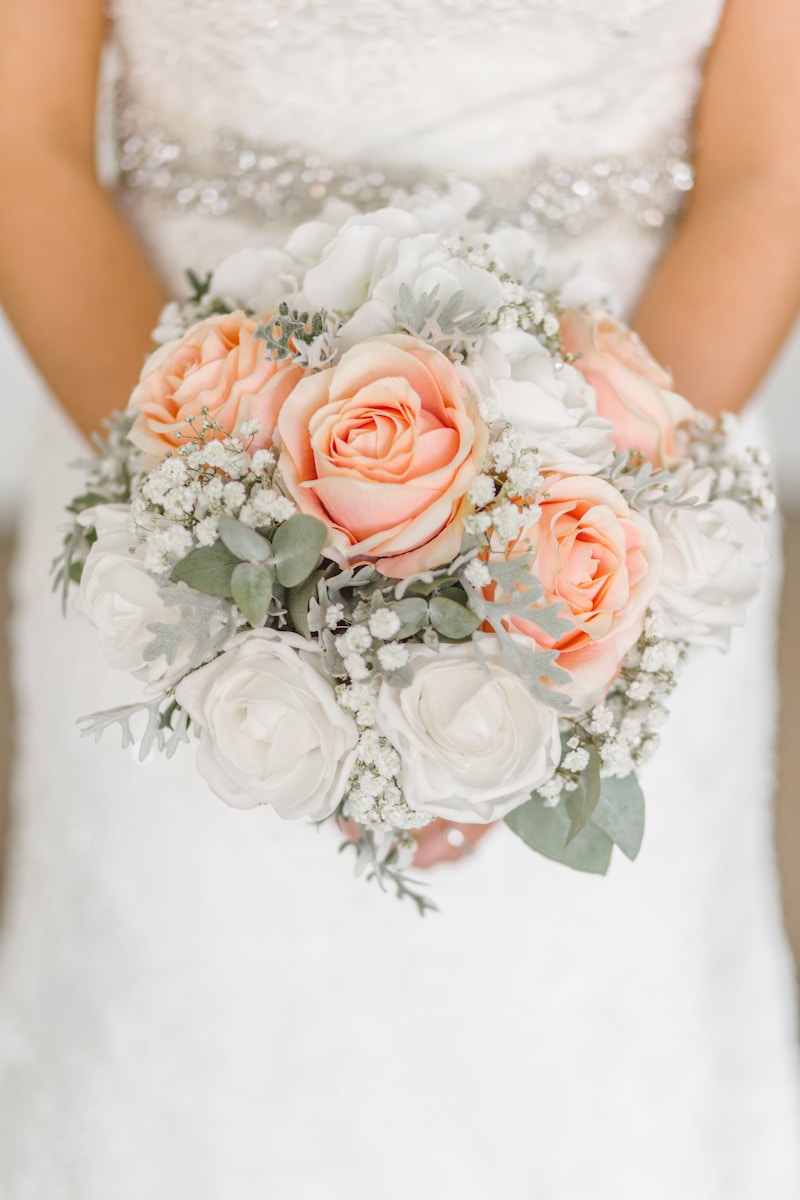Exploring Consumer Confidence in Wedding Expenditures: Trends and Insights
Exploring Consumer Confidence in Wedding Expenditures: Trends and Insights
As the wedding industry continues to evolve, understanding consumer confidence in wedding expenditures has become increasingly vital for vendors, couples, and researchers alike. With fluctuating economic conditions, every couple's budgeting decisions are influenced by their confidence in their financial future. This article explores the factors affecting consumer confidence in wedding spending and provides key insights and trends to consider.
Understanding Consumer Confidence
Consumer confidence is essentially a measure of how optimistic or pessimistic consumers feel about the overall state of the economy and their personal financial situation. It plays a crucial role in determining how much individuals are willing to spend on non-essential items, such as weddings. Major factors influencing consumer confidence include:
- Economic stability
- Employment rates
- Income growth
- Inflation rates
Impact on Wedding Expenditures
With weddings being one of life's pivotal celebrations, expenditure tends to range significantly based on local cultures, trends, and consumer confidence levels. A strong consumer confidence index generally indicates heightened spending on weddings, while a dip in confidence may lead to budget cuts. Here’s a brief overview of how financial outlook influences wedding budgets:
| Confidence Level | Consumer Spending on Weddings | Common Adjustments |
| High | $30,000+ | Luxury venues, extensive guest lists |
| Moderate | $20,000 - $30,000 | Mid-range venues, moderate guest lists |
| Low | Under $20,000 | Intimate ceremonies, DIY celebrations |
Trends Influencing Wedding Expenditures
As consumer confidence changes, so do the trends in wedding expenditures. Recent studies indicate several trends that couples and vendors should watch closely:
1. Elopements and Intimate Weddings
Many couples are opting for smaller weddings or elopements, aiming to minimize costs while still making their day special. This trend often arises during times of economic uncertainty when consumers prioritize intimacy over extravagance. Not only does this save money, but it also fosters a more personalized experience.

2. Virtual Weddings
The COVID-19 pandemic catalyzed a rise in virtual weddings and livestreamed events. Couples can now invite a broader audience without incurring hefty expenses associated with a large venue. As consumer confidence recovers, this trend is likely to remain popular due to its convenience and potential for reduced costs.
3. Eco-Friendly Weddings
With an increasing awareness of environmental issues, more couples are choosing to host eco-friendly weddings. This might involve selecting sustainable venues, minimizing waste, or sourcing local produce. Confidence in financial resources may lead couples to invest in these sustainable choices, reflecting their values and commitment to the planet.
The Role of Influencers and Social Media
Social media platforms and influencers have reshaped how couples research and plan weddings. Engaging content on platforms like Instagram and Pinterest inspires couples to either splurge on certain elements or seek more economical alternatives. Influencers demonstrating luxurious weddings might elevate consumer confidence, leading couples to stretch their budgets, while others may promote budget-conscious solutions that align with current spending attitudes.
Consumer Opinions and Feedback
Consumer opinions play a crucial role in shaping market trends. Surveys and feedback from recently married couples can provide valuable data for vendors looking to position their services effectively. Common areas of concern for consumers include:
- Value for money
- Quality of service
- Transparency in pricing
Factors Contributing to Positive Consumer Confidence
To enhance consumer confidence in wedding expenditures, vendors can focus on the following strategies:
- Offering flexible payment plans
- Providing detailed breakdowns of costs
- Ensuring high-quality service
Regional Variations in Wedding Spending
While consumer confidence levels can vary across regions, cultural differences also significantly influence wedding expenditures. For instance, weddings in metropolitan areas often command higher budgets due to the cost of living. Conversely, rural areas may showcase more budget-friendly weddings. Understanding these nuances helps vendors tailor their offerings to specific demographics.
Global Comparison
Below is a comparison of average wedding expenditures in various regions, illustrating how consumer confidence directly impacts spending habits:
| Region | Average Wedding Expenditure (USD) | Consumer Confidence Score (1-10) |
| United States | $28,000 | 7.5 |
| United Kingdom | $33,000 | 6.5 |
| India | $25,000 | 8.0 |
| Australia | $30,000 | 7.0 |
Conclusion
Understanding consumer confidence in wedding expenditures is essential for all stakeholders involved. As trends shift and economic conditions fluctuate, it’s crucial for couples to remain informed and adaptable in their wedding planning. Recognizing the impact of consumer confidence, along with emerging trends and regional variations, helps couples make educated decisions about their special day.
Overall, vendors should focus on transparency, value for money, and providing unique experiences that resonate with today’s consumers. For couples, leaning into their values and priorities while budgeting wisely can ultimately lead to a fulfilling wedding experience without financial strain. Keep an eye on shifts in consumer sentiment, as they will continue to shape the landscape of wedding expenditures in the years to come.
Suggestions and Precautions
- Set a realistic budget early on.
- Research and compare prices from various vendors.
- Be open to flexibility in planning and adjustments.
